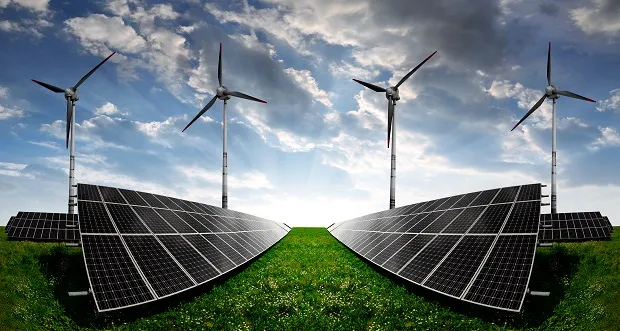
India's renewable-plus-storage tariffs beat new thermal costs
The weighted average tariff for SECI’s 1,200MW tender is at 4.04-4.30 INR per unit.
India’s power industry is optimistic towards renewables-plus-storage tenders after the latest successful 1,200MW renewable-plus-storage auction of the Solar Energy Corporation of India (SECI), according to JMK Research & Analytics.
“The rates quoted in this auction are very competitive, and the industry is very optimistic about these tenders, which have something new to offer,” it said in a note.
| Project Developers | Total Capacity (in MW) | Off-Peak Tariff (INR/unit) | Peak Tariff (INR/unit) | Weighted Average Tariff* (INR/unit) |
|---|---|---|---|---|
| Greenko | 900 | 2.88 | 6.12 | 4.04 |
| ReNew Power | 300 | 2.88 | 6.85 | 4.30 |
*The weighted average tariff is based on the normative capacity utilization factor of 35% as per the condition of the tender.
The weighted average tariff for this tender is even lower than the cost of new thermal power plants where the tariff is in the range of INR 4.5-6/unit. “With falling battery prices, the cost of peak tariffs is also anticipated to come down significantly in the next few years. As per various industry sources, the current EPC prices of battery storage are in the range of $300-320/kWh and by 2021, the costs are estimated to reduce by 15 -20% to fall in the range of $250-270/ kWh,” JMK Research said.
As per the tender conditions, DISCOMS can ask for peak power supply for 9 hours (morning peak 6-9 a.m. and evening peak from 6 to 12 p.m.) during the 24 hours of the day. The minimum Energy Storage System (ESS) rated energy capacity installed shall be equal to “X/2” MW, where X is the contracted capacity of the project as per PPA. Therefore, for ReNew, the BESS rated capacity would be 150 MW, whilst for Greenko pumped hydro storage capacity would be 450 MW.
Before SECI’s auction, the growth of storage tender issuances was driven only by a few small tenders. In most other tenders, the storage capacity is so high that it leads to infeasible tariffs, and eventually to cancellations of many of these tenders.
Energy storage is also poised to be a shot in the arm for India’s ambitious 2030 renewable energy target of 460 GW. To support this ambitious target, according to Central Electricity Authority (CEA), about 34GW/136GWh of battery storage is needed to be installed by 2030.
To support this, JMK Research said policymakers should also devise policies to benefit all the stakeholders.
|Presently, there is a lack of clarity about the functional classification of energy storage as it is both a generator and a consumer of electricity. Changes to the existing regulatory framework are required to provide an identity to Energy Storage which is yet to find a mention in the Electricity Act 2003. Also, energy storage should be allowed as an essential regulatory asset for DISCOMS, which would help them recover costs from its customers,” it added.
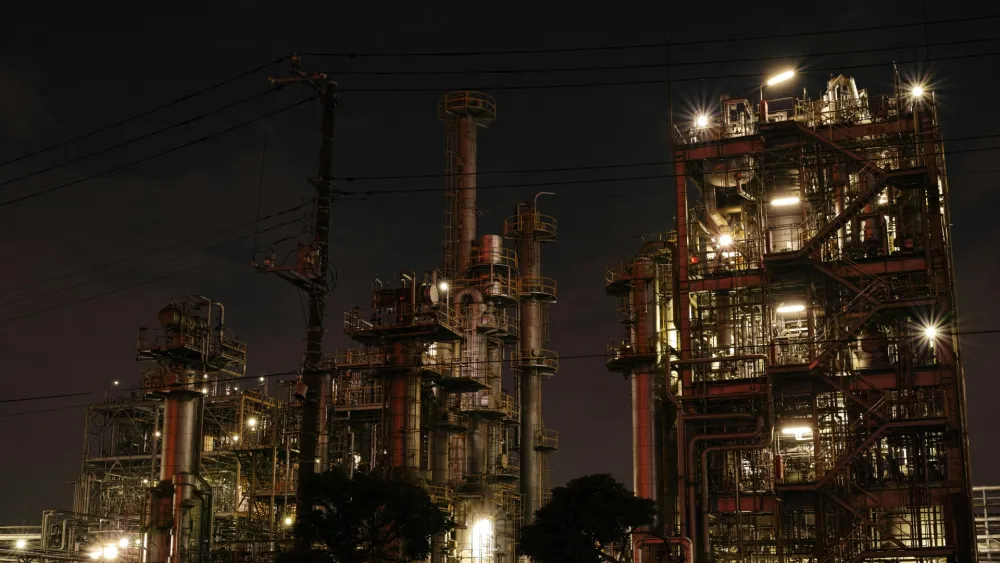
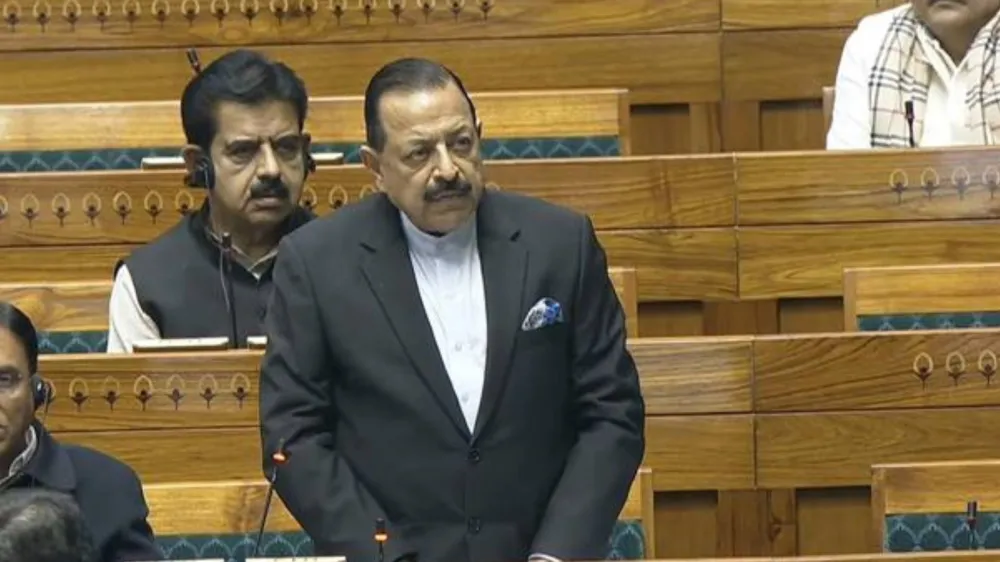
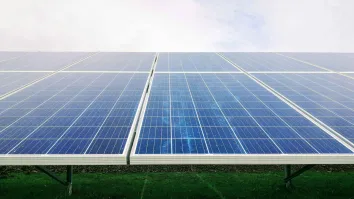
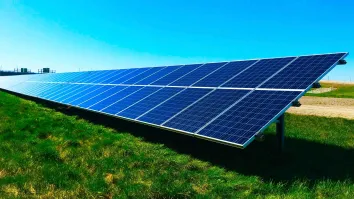















 Advertise
Advertise







